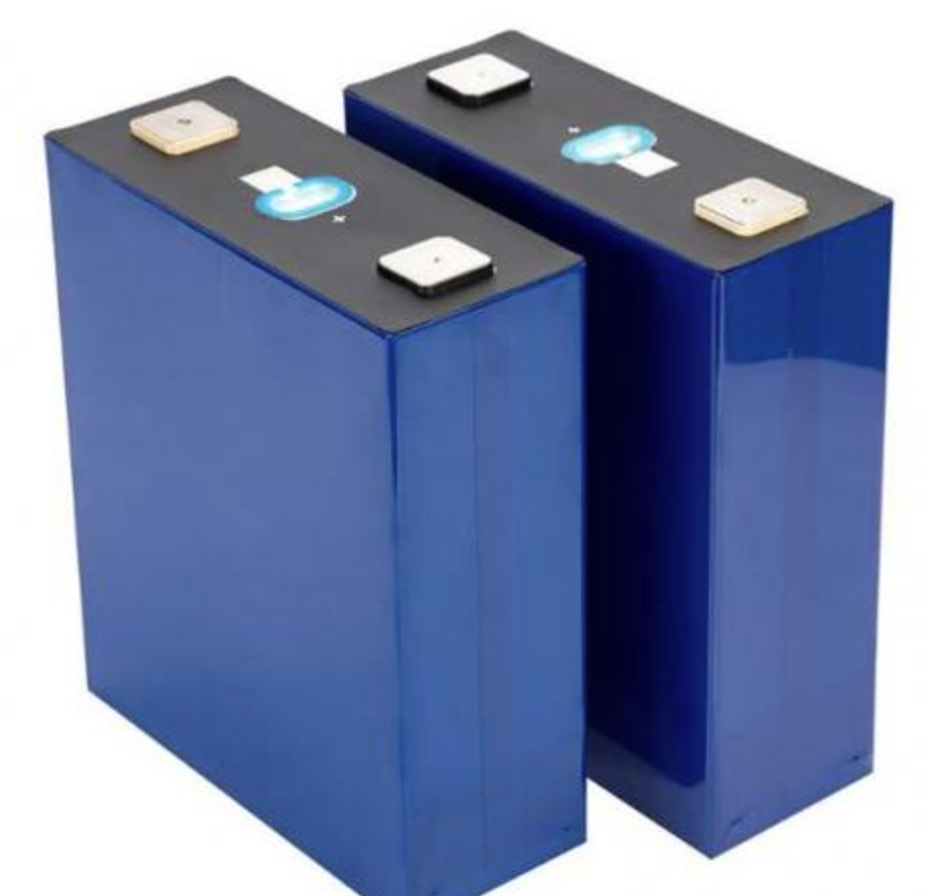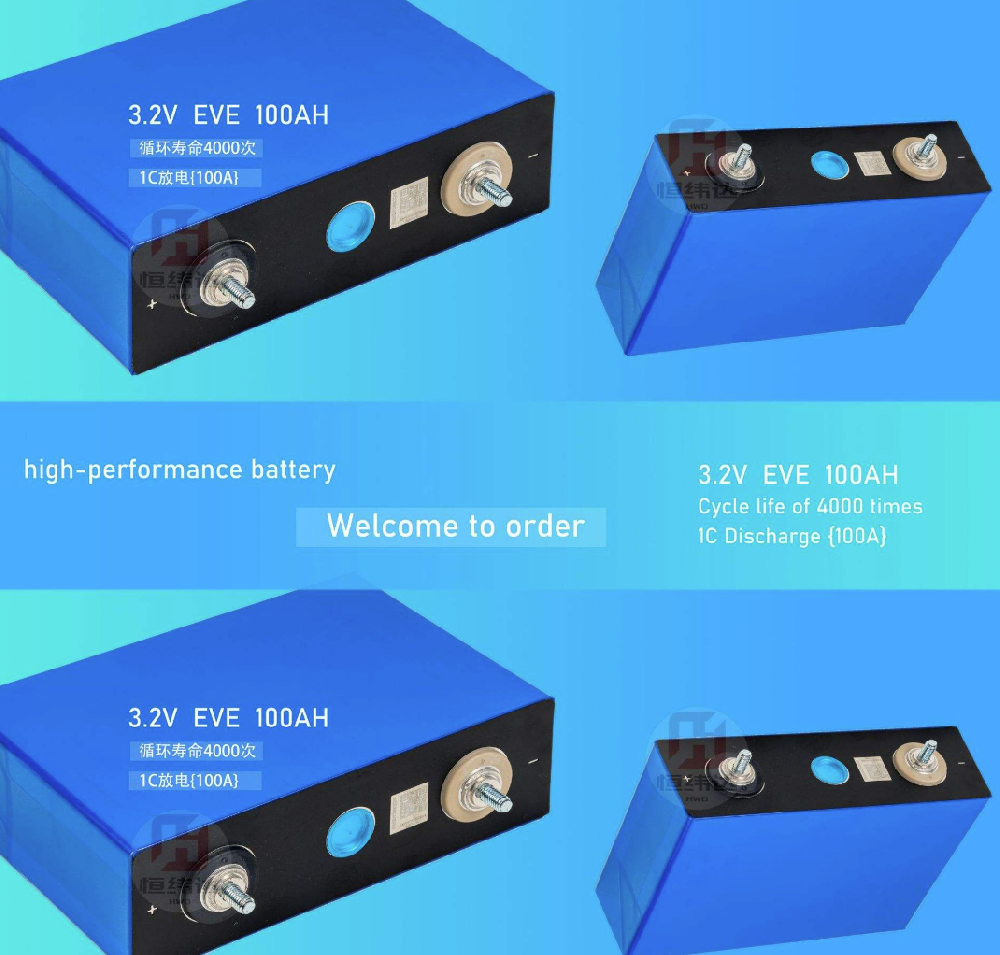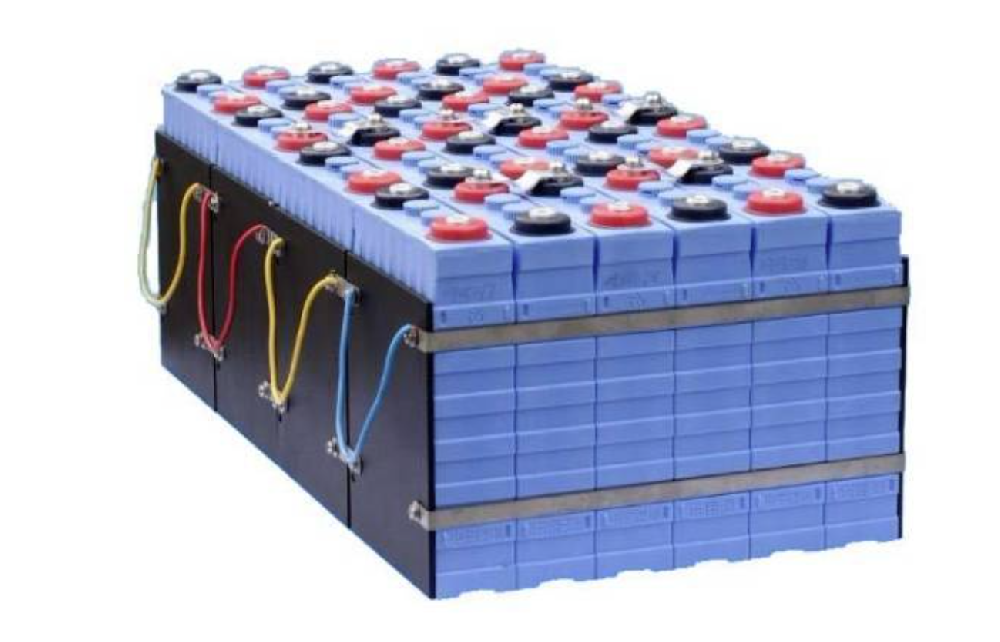Is lithium battery safe?
Since 2021, the development of battery-swap heavy-duty trucks has accelerated rapidly, with the market expanding year by year. Annual sales grew from 3,228 units in 2021 to 14,696 units in 2023. Between January and August of this year, 14,826 units were sold (including five battery-swap plug-in models), setting a new sales record. Annual sales are expected to exceed 20,000 units by the end of the year.
While sales have surged, the overall market share of new energy heavy-duty trucks has been on a declining trend since mid-2023. Data on green heavy-duty trucks reveals a drop in market share from over 50% to 36.15% from January to August 2024, with monthly sales proportion declining from over 60% at its peak to 34.76% in August 2024. This suggests that, despite growing sales, the market position of battery-swap heavy-duty trucks has been impacted, indicating a potential shift in user preferences.
The green heavy-duty truck survey highlights the distinct challenges for battery-swap trucks compared to charging-only heavy-duty trucks (pure electric trucks without battery-swap functionality). Battery-swap trucks involve a longer supply chain, a larger ecosystem of stakeholders, and higher operational costs. Given the current low freight rates, the operating costs of battery-swap heavy-duty trucks remain higher than those of charging-only trucks. In less-intensive operation scenarios, the benefits of battery swapping are minimized, especially as the charging infrastructure continues to improve, leading some users to prefer charging-only heavy-duty trucks.
Nonetheless, battery-swap heavy-duty trucks retain unique advantages in specific, high-frequency operation environments, such as mines and ports. In these scenarios, battery swapping enables quick battery replacement, ensuring continuous operation with minimal downtime, significantly enhancing vehicle efficiency and boosting user profitability.
Looking ahead, advances in battery technology and cost reductions are expected to lower the operational costs of battery-swap heavy-duty trucks, improving their market competitiveness. Additionally, their inherent advantages in battery management and extended cruising range make them well-suited for specific industries, which is likely to sustain rapid sales growth in this segment.







